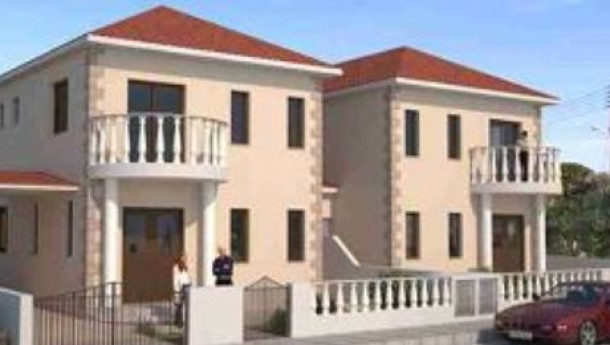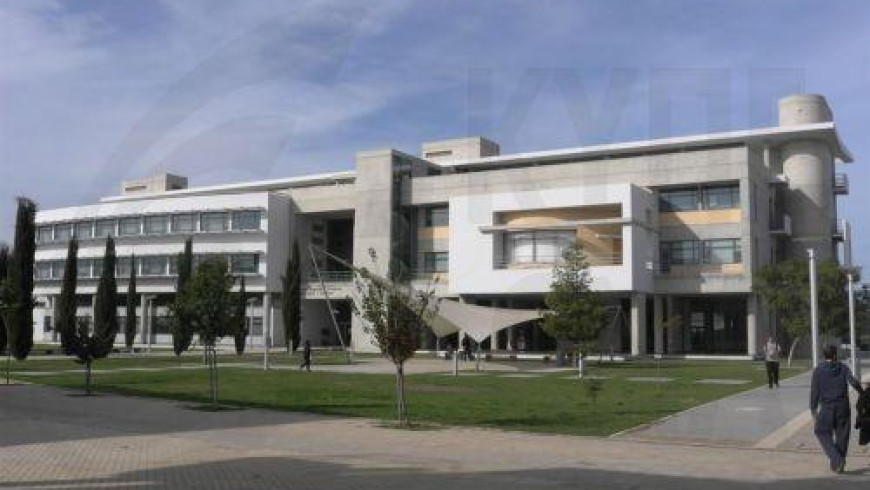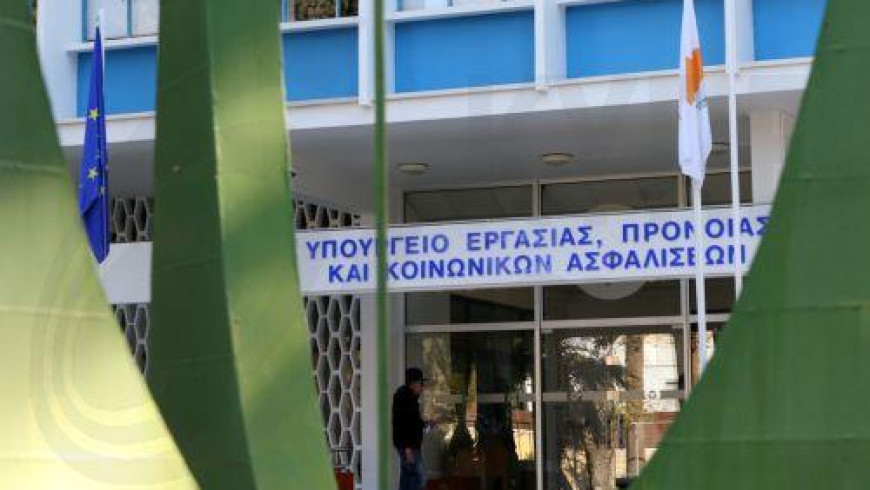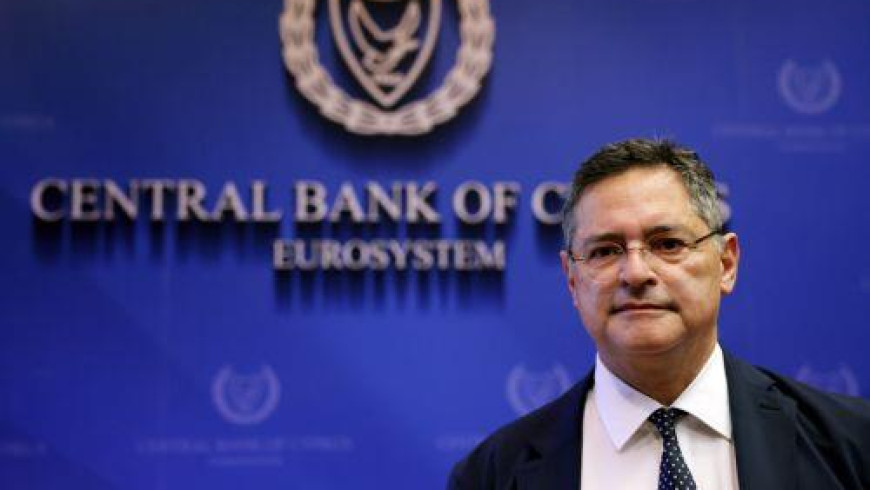
The stabilization and slow recovery of the Cypriot economy have not been enough to boost investment activity as suggested by KPMG’s Property Lending Barometer report for 2015.
As stressed in the report which is a survey of banks on the prospects for real estate sector lending in Europe, investment activity in Cyprus remains at a low level with no significant interest either from local or foreign investors in the short term.
Cyprus has been included in the report for the first time.
The issue of the high NPLs ratio as well as the reluctance of banks to finance new projects related to the real estate sector are also underlined. It is added that the de-leveraging process is holding back lending activity.
“The majority of investors are trying to access bank financing, but the banks’ non-performing loan levels exceed 50% of total loans, therefore they are reluctant to finance real estate projects” as noted in the report.
In addition, KPMG report adds that residential properties dominate the market, but during the first quarter of 2015 the office sector performed relatively well too, compared to the previous quarter.
Income-generating commercial projects are found to be mainly attractive to foreign investors, while residential projects are of interest to local investors too.
The average yields are stable at 4.4% for offices, 5.3% for retail and 4.3% for logistics.
Banks moderately active
KPMG notes that banks in Cyprus are moderately active in terms of project financing, and currently most of the banks do not consider new real estate financing to be strategically important as they are overexposed and not looking to further expand their real estate portfolios.
Banks’ answers to survey of KPMG, suggest that the preferred loan/deal size is lower than the current average loan deal size. Banks’ average loan sizes are in the range of EUR 1.7 to 2.7 mn, while the preferred size would be between EUR 0.7 to 1.4 mn.
As noted, banks were asked in the survey about their preferred asset class for development financing in each country. The hotel asset class was the most favoured in countries where tourism traditionally contributes to the economy to a large extent, i.e. in Cyprus and in Greece.
The report notes that banks are also more open to financing income-generating projects than new developments, even though 67% of the total loan volume was provided for new developments and only 33% for income-generating projects.
According to banks, their biggest competitors among alternative lenders are potentially private equity/ debt funds and investment banks. The majority of respondents indicated that the level of provisions was adequate in Cyprus.
In terms of the prospects of the whole banking sector and banks’ own portfolio size, the banks seem to be more conservative.
All of the surveyed banks in Cyprus, Greece and Croatia stated that they are considering selling part of their commercial loan portfolios in the next 12-18 months.
Two-thirds of the banks surveyed in Cyprus, expected that both their own and the whole sector’s portfolio sizes would decrease and only one third of the respondents considered that they would remain unchanged in the next 12-18 months.
Among those who considered that overall portfolio sizes would decrease, the majority indicated that additional funds may come from private equity and bonds.
Cyprus is in the third year of its economic adjustment programme, one which aims to manage the challenges of its economy.
During Q1 2015, the Cypriot economy recorded growth for the first time since Q2 2011. According to the projections of the IMF, these include a GDP growth rate of 0.85% in 2015, reaching 1.86% in 2016 and then 2.35% in 2017. According to CyStat the GDP growth in Q2 2015 was 0.9% (year-on-year).
It is added that Cyprus’ improved performance is mainly driven by strength in the tourism industry.
The unemployment rate was 16.4% at the end of 2014 and, according to data from European Central Bank, the unemployment rate dropped to 16.2% in June 2015.
It is estimated that “as the rate will probably remain at a very high level together with decreasing real wages, it could have a negative effect on domestic demand. However, improved competitiveness as a result of the weaker Euro can boost the export market”.
The survey included Cyprus in the category of markets which have a higher risk profile in comparison to the more established countries. Also the size of some of the markets in this category is not large enough to merit inclusion among the established markets. This category also includes the Baltics, Bulgaria, Croatia, Greece, Hungary, Romania, Serbia and Turkey.
As stressed in the report which is a survey of banks on the prospects for real estate sector lending in Europe, investment activity in Cyprus remains at a low level with no significant interest either from local or foreign investors in the short term.
Cyprus has been included in the report for the first time.
The issue of the high NPLs ratio as well as the reluctance of banks to finance new projects related to the real estate sector are also underlined. It is added that the de-leveraging process is holding back lending activity.
“The majority of investors are trying to access bank financing, but the banks’ non-performing loan levels exceed 50% of total loans, therefore they are reluctant to finance real estate projects” as noted in the report.
In addition, KPMG report adds that residential properties dominate the market, but during the first quarter of 2015 the office sector performed relatively well too, compared to the previous quarter.
Income-generating commercial projects are found to be mainly attractive to foreign investors, while residential projects are of interest to local investors too.
The average yields are stable at 4.4% for offices, 5.3% for retail and 4.3% for logistics.
Banks moderately active
KPMG notes that banks in Cyprus are moderately active in terms of project financing, and currently most of the banks do not consider new real estate financing to be strategically important as they are overexposed and not looking to further expand their real estate portfolios.
Banks’ answers to survey of KPMG, suggest that the preferred loan/deal size is lower than the current average loan deal size. Banks’ average loan sizes are in the range of EUR 1.7 to 2.7 mn, while the preferred size would be between EUR 0.7 to 1.4 mn.
As noted, banks were asked in the survey about their preferred asset class for development financing in each country. The hotel asset class was the most favoured in countries where tourism traditionally contributes to the economy to a large extent, i.e. in Cyprus and in Greece.
The report notes that banks are also more open to financing income-generating projects than new developments, even though 67% of the total loan volume was provided for new developments and only 33% for income-generating projects.
According to banks, their biggest competitors among alternative lenders are potentially private equity/ debt funds and investment banks. The majority of respondents indicated that the level of provisions was adequate in Cyprus.
In terms of the prospects of the whole banking sector and banks’ own portfolio size, the banks seem to be more conservative.
All of the surveyed banks in Cyprus, Greece and Croatia stated that they are considering selling part of their commercial loan portfolios in the next 12-18 months.
Two-thirds of the banks surveyed in Cyprus, expected that both their own and the whole sector’s portfolio sizes would decrease and only one third of the respondents considered that they would remain unchanged in the next 12-18 months.
Among those who considered that overall portfolio sizes would decrease, the majority indicated that additional funds may come from private equity and bonds.
Cyprus is in the third year of its economic adjustment programme, one which aims to manage the challenges of its economy.
During Q1 2015, the Cypriot economy recorded growth for the first time since Q2 2011. According to the projections of the IMF, these include a GDP growth rate of 0.85% in 2015, reaching 1.86% in 2016 and then 2.35% in 2017. According to CyStat the GDP growth in Q2 2015 was 0.9% (year-on-year).
It is added that Cyprus’ improved performance is mainly driven by strength in the tourism industry.
The unemployment rate was 16.4% at the end of 2014 and, according to data from European Central Bank, the unemployment rate dropped to 16.2% in June 2015.
It is estimated that “as the rate will probably remain at a very high level together with decreasing real wages, it could have a negative effect on domestic demand. However, improved competitiveness as a result of the weaker Euro can boost the export market”.
The survey included Cyprus in the category of markets which have a higher risk profile in comparison to the more established countries. Also the size of some of the markets in this category is not large enough to merit inclusion among the established markets. This category also includes the Baltics, Bulgaria, Croatia, Greece, Hungary, Romania, Serbia and Turkey.














 3287.99
3287.99 1275.09
1275.09
